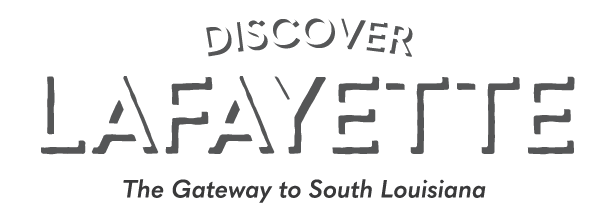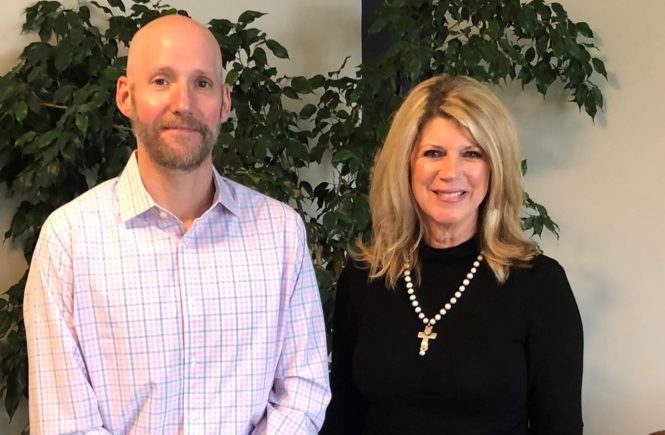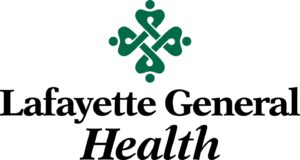Podcast: Play in new window | Download (Duration: 1:09:25 — 95.3MB)
Dr. Gary Wagner, Professor of Economics at UL – Lafayette, joins Discover Lafayette to discuss his role as the Acadiana Business Economist Endowed Chair in Economics where he works to strengthen UL’s presence in the community and the state while monitoring the regional economic environment, conduct research, and keep the business community up to date on trends.
A first-generation college graduate, Wagner was initially interested in studying political science. After a professor encouraged him to take a couple of economics classes, however, the subject matter clicked with him and he switched majors earning a Ph.D. and master’s degree in economics from West Virginia University and a bachelor’s degree in Economics and Political Science from Youngstown State University.
Prior to joining UL, Wagner worked with the Federal Reserve Banks of Cleveland and Philadelphia. His experience in analyzing regional economics, state tax structures, and municipal pension systems informs his work in economic forecasting for our region. Dr. Wagner has authored or co-authored over 60 professional articles and given more than 200 presentations on economic trends and forecasts.
While teaching at Old Dominion University in Norfolk VA, a metropolitan area comprised of about 2 million people, Wagner served on the school’s Economic Forecasting team. He enjoyed speaking to groups about economic trends and his expertise led him to work with the Federal Reserve Bank of Philadelphia where he honed his skills in forecasting and research. After a stint at the Fed in Cleveland in a higher-level administrative position, he jumped at the opportunity to return to what he loves, research and forecasting, and applied for his current position at UL – Lafayette.
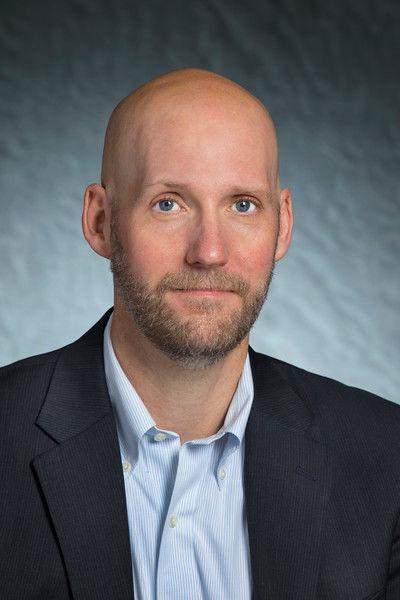
Dr. Gary Wagner loves research which he compares to solving a puzzle. “I don’t have questions that are different than others. Going to graduate school in economics gives you a tool kit that helps you answer questions. You learn where to find that data and the appropriate research methods to use to answer questions.” Wagner recommends that all college students take classes in quantitative analysis and coding as businesses need people who can solve problems.
In discussing Louisiana’s taxing model, Wagner noted that its complicated, dual system of tax collection imposes monetary and time costs on businesses struggling to comply with the regulatory compliance burden. He would prefer to see a simplified, pro-growth tax policy with lower tax rates imposed upon a broad base of goods and services. He noted that Louisiana is the slowest growing state in the U. S. ranked 50th in Gross Domestic Product (monetary value of all goods and services per capita), imposes high taxes with a myriad of exemptions, and ranks 3rd highest in incentives in the U. S. Wagner compares Louisiana’s failure to adapt to changing market forces as similar to what the Midwest and Rust Belt went through 25 to 30 years ago as they lost residents and economic opportunities dried up. Whereas Louisiana could get away with high tax rates in the past based upon the demand for its oil and gas resources, those days are gone.
Wagner would also like to see Louisiana rely more on property taxes for local municipalities, which is a more stable source of revenue than sales taxes. Our homestead tax exemption is among the highest in the country and the reason municipalities must rely on higher sales taxes to support the cost of services. He joked that when he received his first Lafayette Parish property tax bill after paying taxes around the country, he was shocked at how low the bill was and thought it was just for a half year of taxes.
Lafayette’s economy is holding its own according to Wagner, and the job losses in the oil and gas sector stopped about a year ago. Education is the #1 employer in Lafayette. The decline in the oil and gas sector’s employment has been tough on the region; Wagner said in 2013, approximately 25,000 people were employed in the oil industry and today there are 13,000.
Lafayette’s job growth is in the healthcare sector, which is currently ranked as the #2 employer in Lafayette and which Wagner forecasts will be #1 in the next year or two. With an aging population, this demographic shift is driving growth in healthcare spending and this trend is forecasted to continue in the region stimulating the demand for more trained workers.
Wagner looks at Information Technology as an important sector for Lafayette to nurture as it has a bigger impact on economic growth than manufacturing facilities. An IT company can deliver its services anywhere in the world while based in Lafayette and growing the local economy. Wagner believes we should look at recruiting talent to move here, and not just chase the traditional “smokestack” business which you lure with incentives. Once the talent is here, the opportunities will materialize.
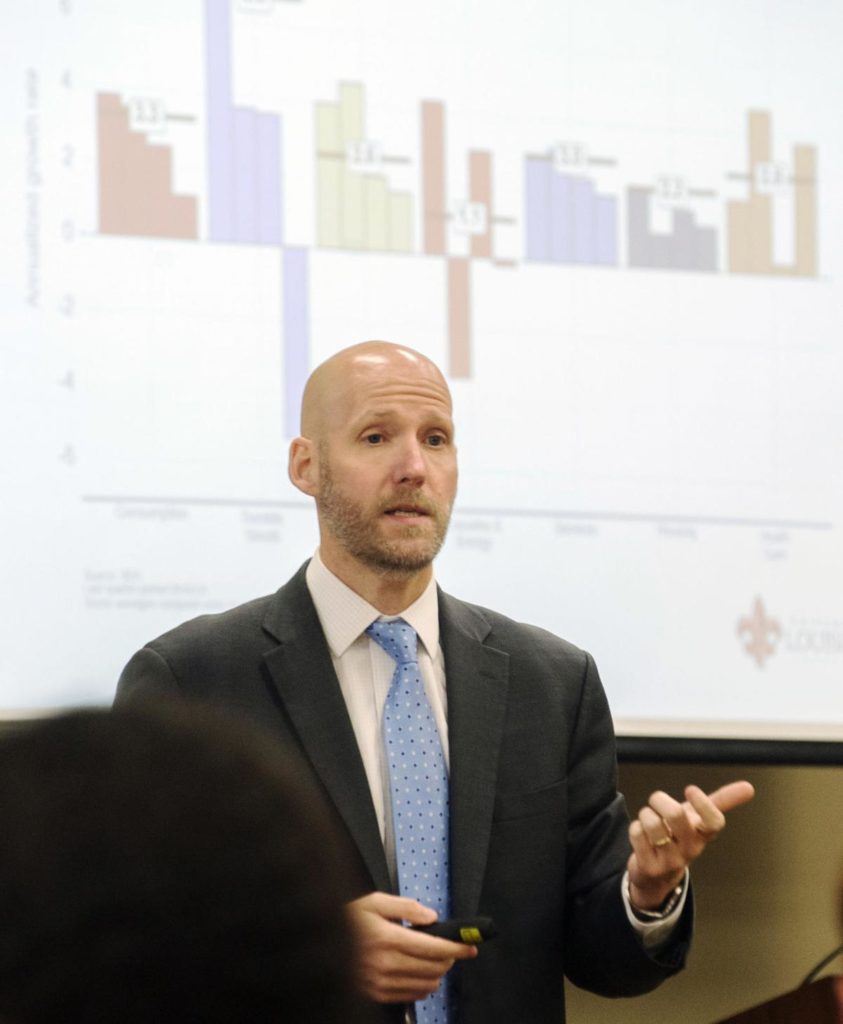
According to Dr. Gary Wagner, “Economics is the science of decision-making given constraints. We work to understand why individuals make the decisions they make given the constraints they face.” Photo by Leslie Westbrook of the Acadiana Advocate.
The question as to whether government spending drives economic activity is cutting edge research for economists. Wagner is skeptical of the effectiveness of incentives to lure business to the state, and there is very little research on the topic as states don’t track the success of such projects. But one thing is sure: economists are driven to help people make informed choices by giving them information and letting them make up their own mind. According to Wagner, “Economics is the science of decision-making given constraints. We work to understand why individuals make the decisions they make given the constraints they face.”
Wagner is working on a website to give the public access to research and forecasting data, a project that will provide a sense of broader trends in the region. He did note that national trends must also be monitored to have a true forecast and in any event, economic forecasts may only be made accurately for a period of one to two years into the future.
The interview is sprinkled with anecdotes from research papers Wagner has written over the years. One that jumped out and was published in the Journal of Law & Economics, a highly prestigious journal, was on the economic incentives municipalities have to give out speeding tickets, entitled ” Red ink in the rearview mirror: Local fiscal conditions and the issuance of traffic tickets.” Wagner co-wrote this article with a friend who had complained that giving out tickets was “all about revenue.” It turns out, it is! Or more eloquently stated in the study, “We find that significantly more tickets are issued in the year following a decline in revenue but that the issuance of traffic tickets does not decline in years following revenue increases.”
We thank Dr. Gary Wagner for his service to our community and look forward to a variety of policy discussions based upon his fact-finding and forecasting models.
Special thanks to our Sponsors:
